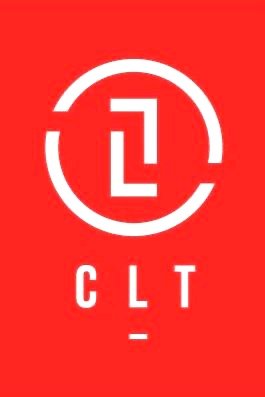Topic 3: Resume Bad Smells
At Scrum Day MN 2017 I delivered a talk entitled “Scrum Masters: Why I Did Not Hire You.” As a visual for my slide deck, I created a word cloud by pulling the introductory paragraphs from twenty resumes I had recently reviewed. Interestingly, the largest words in the word cloud included “project”,” projects”, “Project (capital “P”)”, and “management”. Included, but much smaller, were the words “agile”, “scrum”, and “Product”.
The majority of resumes that I receive are from people with a lot of project management experience, so it makes sense that would be featured heavily on their resumes. I don’t fault people for having PM experience. In fact, familiarity with the PM perspective can be very helpful to a successful Scrum Master who must teach the value of Scrum and agility to Project Managers as part of their group of stakeholders.
So how, as a hiring manager, do I know if a person’s PM experience is more likely to be a good fit or a bad fit for my open Scrum Master position? How do I know if this person wants to be a professional Scrum Master, or is just a PM in SM clothing? I’m looking at words on a page, but for me, those words can have “good smells” or “bad smells”, especially as they are aggregated across an entire document. What’s the big picture that’s being painted?
Here are the three biggest hits on my resume bad smells word list:
1. PROJECT
The word “project” itself is fairly neutral, but it smells bad to me if all I see on a resume is the word “project” and the word “product” is never mentioned. I want to see evidence of “product thinking”. A great smelling resume represents past experience in a way that helps me see that the applicant is focused on increasing value and bettering product outcomes. For example, rather than tell me how great you are at delivering “on time”, tell me how you taught stakeholders to think differently and change scope in order to deliver value.
2. MANAGE(D)
Be careful with the word “manage” and its relatives. Scrum Masters are not project managers, and they are not people managers. I understand you may have management experience, and wide experience is often useful to a Scrum Master. But I don’t want to hire someone who I think wants to be a “manager”. I want to hire an un-blocker, an un-locker, an enabler, a facilitator, a lever for a team. I want someone who makes others great – not one who is great at directing others or doing everything themselves.
3. DELIVER(ED)
“Proven ability to deliver on time and on budget”. I see this disappointing sentence on a large number of resumes, including a version of my own resume from way back when, before I learned better. It’s a disappointing sentence because it is a cliché, but more than that, because it’s a lie. Possibly it’s a lie one tells to oneself and one believes, but a good Scrum Master would know better. How exactly, as a PM or SM, did you deliver anything? What does “on time” mean in the context of agile? What does “on budget” mean? If I see this phrase on a resume, the resume immediately goes into the “NO” pile.
I recommend that you review your current resume and look for ways to re-frame your experience in ways that highlight your understanding of the Scrum Master role and how Scrum and agile benefit the organization. Here’s a great example full of “good smells” that re-frame the ideas of “project”, “management”, and “delivery”:
“I taught the Product Owner to manage the product backlog so that the most valuable and important work was always prioritized, and I worked daily to enable the development team to deliver highest-priority items as efficiently as possible. Our team produced valuable working software ready for release every two [or three, or four] weeks.”

